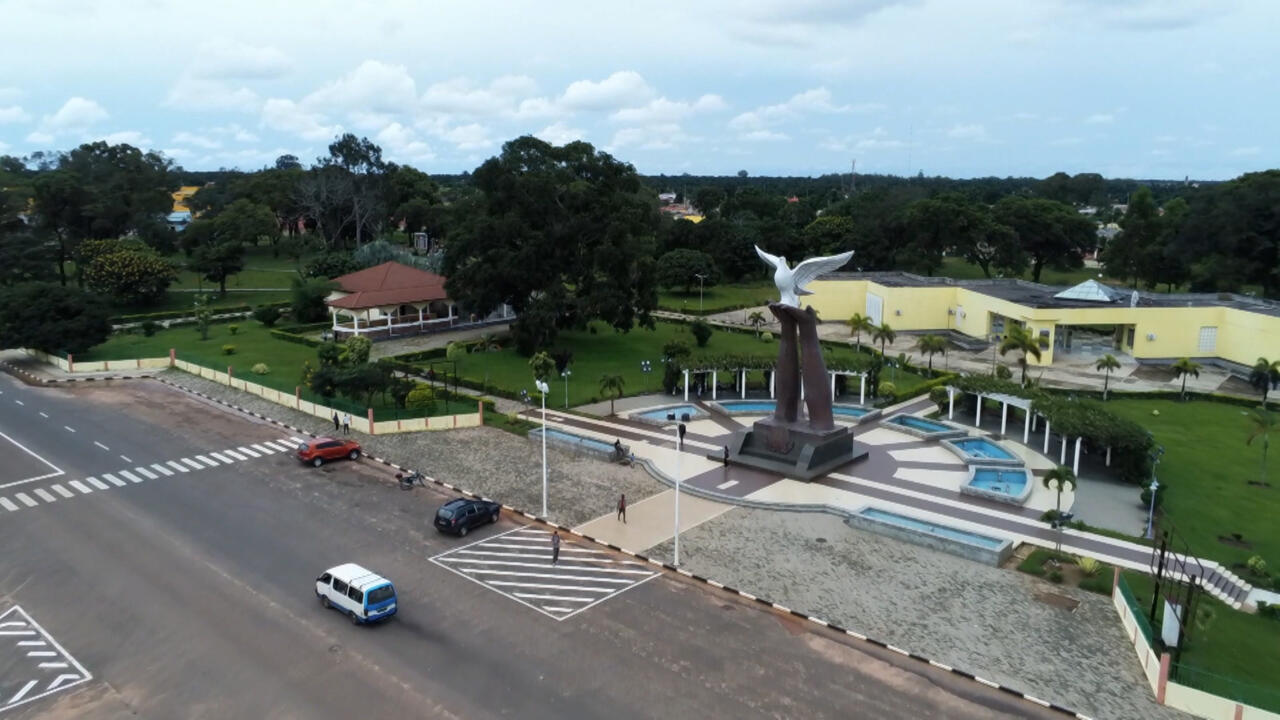The civil war in Angola began in 1975 with the departure of the Portuguese colonial power, which left the independence movements to fight each other.
In the midst of the Cold War, the West African country became a remote battleground between the communist bloc and that of the United States and its allies.
On the one hand, Agostinho Neto's Popular Liberation Movement of Angola (MPLA) is supported by the USSR and Cuba.
On the other hand, Jonas Savimbi's National Union for the Total Independence of Angola (Unita) enjoys the support of South Africa, the United States and the United Kingdom.
At the start of the war, the MPLA dominated the field, taking control of the capital and establishing a de facto government.
But in the mid-1980s, the fighting intensified, culminating in the 1988 battle of Cuito Cuanavale, in which nearly 10,000 combatants lost their lives.
Victory is claimed by both sides.
At the end of the 1980s, Cuban and South African soldiers withdrew.
The Bicesse accords signed in May 1991 led to a ceasefire and the organization of general elections supervised by the UN in 1992. The MPLA won the elections but Jonas Savimbi denounced fraud and took up arms again, this times without any international support.
The fighting would not end until ten years later, with the death of Jonas Savimbi, killed by government troops in 2002.
The monument for peace in Luena, the town where the peace accords were signed in 2002. © Clément Bonnerot, France 24
Valuable oil resources
Since then, the country, which remains led by the MPLA, has been struggling to completely turn the page.
While most of the infrastructure damaged by the war has been rebuilt, scars of the conflict are still visible, especially in Luena and Huambo, where former combatants and war victims feel neglected.
Luanda, the capital, benefited from the economic boom of the 2000s, due in particular to the increase in oil prices, from which the country derives 70% of its revenue.
A member of OPEC for fifteen years, Angola was ranked in 2019 in 16th place among oil-producing countries.
With its renovated seafront and its gleaming skyscrapers, the city appears as an example of success.
But behind this pretty picture, the reality is very different for the vast majority of some 33 million inhabitants, half of whom live on less than two dollars a day.
Avenida 4 de Fevereiro, Luanda's seafront, renovated in the 2000s. © Clément Bonnerot, France 24
Angola also remains one of the most corrupt countries in the world, despite President João Lourenço's promises to fight corruption.
In the 2021 Transparency International ranking, it is ranked 136th in the world, still gaining 29 places compared to the previous edition.
A new generation, embodied in particular by the militant Hitler Samussuku – who denounces the actions of power in his music – takes over and fights for democracy and social justice.
For her, peace cannot be limited to a simple silence of arms, it still remains to be built.
The summary of the
France 24 week invites you to come back to the news that marked the week
I subscribe
Take international news everywhere with you!
Download the France 24 app
google-play-badge_EN

